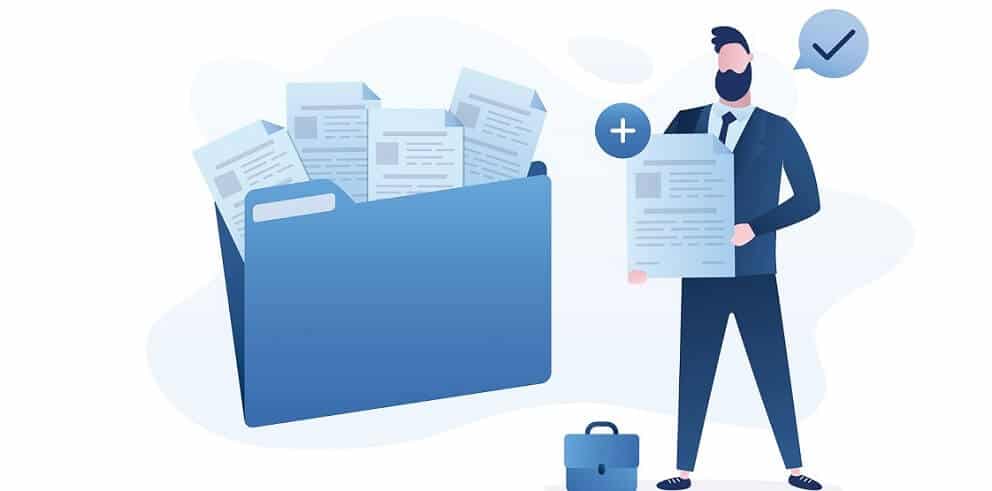Chargeback Recovery - What All Businesses Should Know

In an increasingly digital marketplace, card-not-present chargebacks have become an unfortunate reality for many businesses. Managing these disputes is often time-consuming and costly, tying up valuable resources that could be better used elsewhere. While there is no foolproof way to avoid chargebacks entirely, chargeback recovery services can help businesses minimize their impact by recovering lost revenue and mitigating future disputes. Read on to learn more about the chargeback recovery process and what steps businesses can take to protect themselves.

What is chargeback recovery?
Chargeback recovery is the process of recovering funds that have been wrongfully charged back to a business through chargeback representment. If a business can prove that a dispute is illegitimate, they can submit a representment claim to the issuing bank in an attempt to recoup the lost funds. A successful chargeback recovery strategy can return as much as 5-10 percent or even more (depending on the industry) to a company’s net profit margins, making implementing such a strategy crucial to any large business.
The case for chargeback recovery services
When a customer disputes a transaction, merchants have a limited amount of time to respond to the chargeback and provide evidence that the transaction was legitimate. The most effective evidence depends on a number of factors including the issuing bank's policies, the types of products or services being sold, and the reason codes associated with the chargeback. With each major card network having unique chargeback reason codes and regulations, the process can be complex and time-consuming for businesses to navigate on their own. In many cases, businesses are unable to submit the required evidence within the time frame set by the bank, resulting in a loss of revenue from the sale, chargeback fees, and a higher chargeback ratio (the ratio of chargebacks to total transactions). Chargeback recovery services help by taking on the complex task of chargeback representment on behalf of businesses so that they can focus on their core operations.

How does chargeback recovery work?
If a merchant suspects that a chargeback is illegitimate, they can and should attempt chargeback recovery through representment. Not only can this help recoup lost revenue from the initial transaction, but it can also help dissuade friendly fraudsters from future disputes. Chargeback recovery services help by doing all the heavy lifting in the chargeback process. From identifying chargebacks that can be successfully recovered to gathering and submitting the required merchant evidence, these services are an integral part of any chargeback management strategy.
The Chargeback Process
The chargeback process includes all steps from the initial dispute of a transaction to the resolution of the claim. The time frame for each step can vary depending on the card network, issuing bank, and other factors, but the general order is as follows:
Stage 1: The dispute
The chargeback process begins after a customer initiates a chargeback with their issuing bank and provides a reason for the dispute. Each transaction dispute is given a specific reason code that corresponds to the customer's claim.
Stage 2: The refund
Once the issuing bank receives and validates the dispute, they credit the cardholder’s account and then forward the chargeback to the acquirer. The acquirer then withdraws the funds from the merchant's account and sends the merchant a chargeback notice with a numeric code that corresponds to the reason for the chargeback.
Stage 3: The option to represent
The merchant then has the option to accept or challenge the chargeback. If the merchant does not provide sufficient evidence that the transaction was legitimate within the specified time frame, the chargeback is automatically finalized and the merchant loses the dispute.
Stage 4: Issuing bank’s review
At this stage, the issuing bank will review the merchant's evidence and make a decision on the chargeback. If the merchant is successful in proving that the transaction was legitimate, the chargeback is reversed and the merchant will receive a credit for the original transaction amount. If the merchant is unsuccessful, the credit the cardholder received in Step 2 is finalized and the merchant loses the dispute. In rare cases, the case may proceed to arbitration by credit card network if the merchant and issuer disagree on the outcome of the chargeback.

Documentation is key
Merchants must provide enough documentation to prove the legitimacy of a transaction to win chargeback disputes. Some common types of evidence that are often used in chargeback representment disputes include:
Sales receipt
This document should be an original, unaltered copy that includes all relevant details about the transaction, such as the date, time, amount, and any applicable sales tax.
Customer signature
If the customer picked up the merchandise in person, a copy of the signed sales receipt or delivery confirmation can be used as evidence. If the customer paid for the merchandise online, a copy of the signed terms and conditions form can be used.
Tracking information
This type of evidence is typically used for transactions involving the shipment of physical goods. A copy of the tracking information showing when the merchandise was delivered to the customer's address can supplement the sales receipt and help prove that the customer received the merchandise.
Customer service records
Any correspondence between the customer and merchant regarding the transaction in question can be used as evidence. This might include emails, chat logs, or other records that show the customer was satisfied with the merchandise or services received.
A copy of the refund/return policy
This document can help prove that the customer was aware of the merchant's refund/return policy before they made the purchase. Merchants should keep in mind that the card networks may place different requirements on refund/return policies, so it's important to check the guidelines before using this type of evidence.
Chargeback recovery with Justt
Businesses in search of a hands-off, risk-free chargeback recovery service with a proven track record of success can turn to Justt. Justt is a leading provider of chargeback representment services, with a team of experts that work with businesses to create a bespoke strategy that's tailored to fit their specific needs. By combining artificial intelligence and automation with human expertise, Justt is able to provide a service that's both effective and affordable. And because Justt only charges a performance-based fee if they're successful in recovering funds, businesses can rest assured knowing there is no risk involved.
If you're concerned about chargebacks and would like to learn more about how Justt can help protect your business's bottom line, contact us.
Contact us to learn more about Justt’s solution






